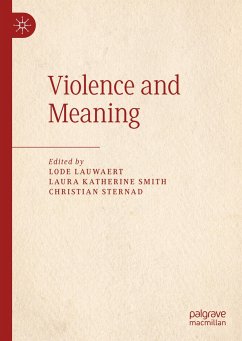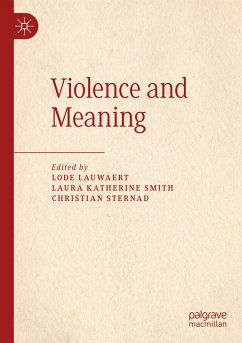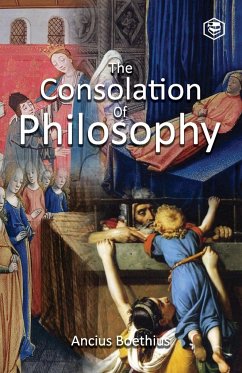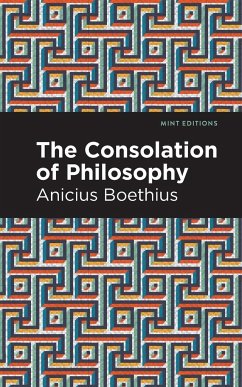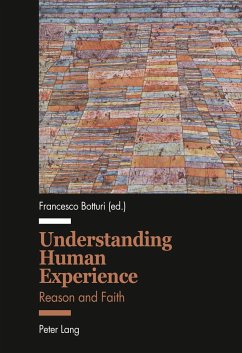
On Beheading
Versandkostenfrei!
Versandfertig in 6-10 Tagen
53,49 €
inkl. MwSt.
Weitere Ausgaben:

PAYBACK Punkte
0 °P sammeln!
Beheading is not an uncommon undertaking. As a particularized physical violence, it has been practiced by all societies and civilizations at some point in their history. In fact, for millennia public beheadings around the world were routine. In contemporary international society some states and many non-state actors regularly engage in this undertaking.This begs the obvious question: why put a human being through this unimaginable cruelty? While the idea of execution by decapitation appears visceral and horrific, it has always been grounded in cultural, religious and political contexts. If con...
Beheading is not an uncommon undertaking. As a particularized physical violence, it has been practiced by all societies and civilizations at some point in their history. In fact, for millennia public beheadings around the world were routine. In contemporary international society some states and many non-state actors regularly engage in this undertaking.
This begs the obvious question: why put a human being through this unimaginable cruelty? While the idea of execution by decapitation appears visceral and horrific, it has always been grounded in cultural, religious and political contexts. If contemporary history is any proof, the enterprise of beheading a fellow human being appears to be making a comeback in certain religious and political landscapes.
A question of enormous intellectual importance, the phenomenon of beheading is understudied. There have been many explanations surrounding specific forms of beheading through the ages. However, no inclusive study has engaged with it in its entirety.
Primarily a philosophical reflection, On Beheading is inter-disciplinary in nature; it freely cuts across various disciplines within the broad framework of the social sciences. It uses a vast array of empirical evidence from anthropology, literature, jurisprudence and religion to build a discourse and narrative that brings this subject under one intellectual umbrella.
This begs the obvious question: why put a human being through this unimaginable cruelty? While the idea of execution by decapitation appears visceral and horrific, it has always been grounded in cultural, religious and political contexts. If contemporary history is any proof, the enterprise of beheading a fellow human being appears to be making a comeback in certain religious and political landscapes.
A question of enormous intellectual importance, the phenomenon of beheading is understudied. There have been many explanations surrounding specific forms of beheading through the ages. However, no inclusive study has engaged with it in its entirety.
Primarily a philosophical reflection, On Beheading is inter-disciplinary in nature; it freely cuts across various disciplines within the broad framework of the social sciences. It uses a vast array of empirical evidence from anthropology, literature, jurisprudence and religion to build a discourse and narrative that brings this subject under one intellectual umbrella.







